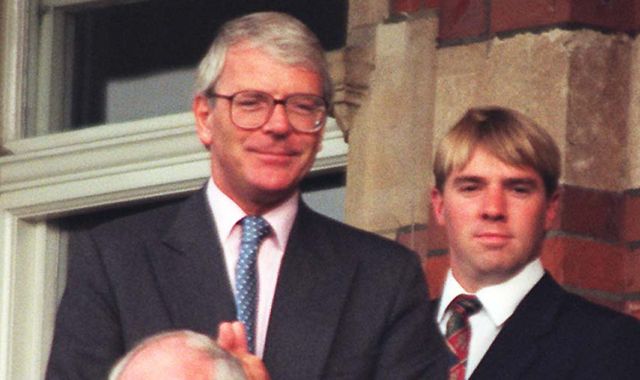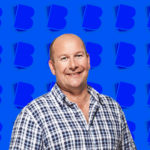John Major ignored pleas to go to 1996 Olympics and watched cricket instead, records reveal
Written by News on 31/12/2019
John Major missed seeing Britain’s only gold medal of the 1996 Olympic Games because he preferred to watch cricket instead, official records suggest.


A letter released by the National Archives shows that aides tried to persuade Mr Major, who was prime minister at the time, that attending the Games in the US would be good for his “street cred”.
It was suggested that Mr Major might like to watch the final of the coxless pairs rowing, which featured Matthew Pinsent and Steve Redgrave. The two ended up winning Britain’s only gold medal in Atlanta, Georgia.
But, despite months of planning, he pulled out of the three-day trip at the end of July.
A February 1996 letter from Downing Street private secretary Rachael Reynolds to Craig Reedie, chairman of the British Olympic Association said Mr Major had “agreed in principle” to attend the competition.
But by June, he appeared to have changed his mind, leading Ms Reynolds to try to persuade him otherwise.
She wrote: “I do think it would be a pity if you were to give up going (to the Olympics) entirely.
“And people do like to see you at sporting things. They know you are a fan.”
:: Listen to All Out Politics on Apple Podcasts, Google Podcasts, Spotify, Spreaker
Ms Reynolds told Mr Major he would be in good company, with the likes of Nelson Mandela, Bill Clinton and Jacques Chirac all due to attend.
She tried again two weeks later, writing: “Some of the best pictures we see of you in the media are in relaxed, jacket off mode and there would be plenty of opportunity for that in Atlanta.
“I do think it is worth doing, if you can bear it.
“You have established your street cred in this area so well. It would be a pity to miss an opportunity which only comes up every four years.”
But her efforts failed and Mr Major instead watched a test match in the UK that England ended up losing to Pakistan.
Records are released by the National Archives under a law requiring them to be made public 20 to 30 years after their creation.
Other revelations from the records released this year include:
- Mr Major considered renaming Heathrow Airport after Winston Churchill after lobbying from Mayfair businessman Harvey Spack in 1996. Mr Major had replied that he was “looking into this” and was “grateful” to Mr Spack for raising the idea.
- Mr Major was denied permission to be in a charity fundraiser at the Institute of Directors’ New Year luncheon because he might come into contact with defaced £5 notes. Entrants had to sign bank notes before the PM would select them from a hat to choose the winner. But Ms Reynolds said defacing currency was an offence and it would, therefore, be “very difficult” for Mr Major to be involved.
- The then defence secretary Malcolm Rifkind considered making Russia an associate member of NATO in 1995. A note said making Boris Yeltsin’s Russia a full member of Nato was “impossible” but a possible solution could be creating a “new category” of membership for them.
- John Bercow’s CV in 1995 boasted of sticking it to left-wing town hall councillors as he applied for his first job in parliament. The then aspiring politician, 32, had served on Lambeth Borough Council for four years when then chancellor Ken Clarke requested he be made special adviser to the chief secretary to the Treasury. Mr Bercow described himself as exposing waste and corruption by the “extreme left” and fighting against “double standards and dirty tricks campaigns by Liberal Democrat councillors”.
(c) Sky News 2019: John Major ignored pleas to go to 1996 Olympics and watched cricket instead, records reveal







